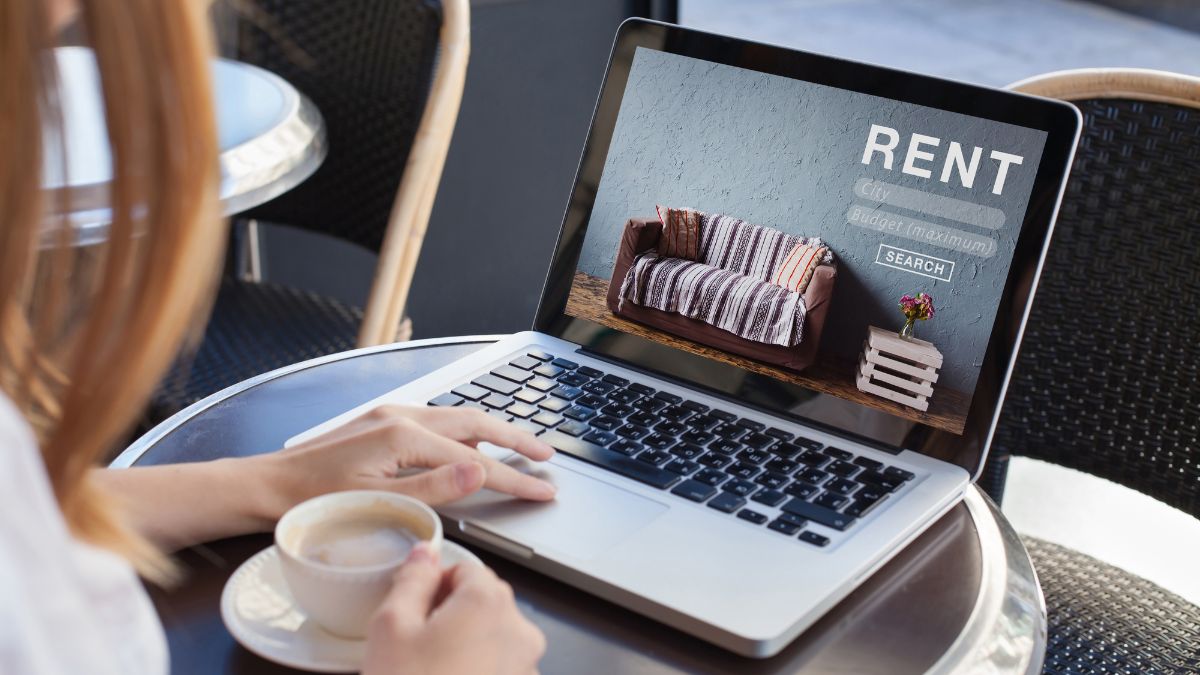Are you renting an apartment? If yes, then good for you, as living in an apartment has its perks. First, it gives you flexibility. If your work requires you to relocate most of the time, this will work for you. Apartment living will also suit you if you do not want to be burdened with maintenance costs, repair bills, and property taxes, plus you can always choose a place according to your financial capabilities, your lifestyle, and proximity to work.
Here are some things that can be helpful for every apartment renter.
1. Check and research the neighborhood before moving.
Before signing any lease agreement, check the neighborhood and do your research. Is it safe there? If you leave your home for a certain period of time like travelling or doing your morning routines like exercise and errands, can you be sure that your unit will be safe from intruders? How is the crime rate of the area?
It’s also a good idea to check the establishments and amenities available in the area like restaurants, hospitals, schools (if you have kids), grocery stores, gas stations, public transportation, and gyms. Do these fit your needs? Are the establishment and amenities that you actually need conveniently accessible
2. Review the papers.
You may get overwhelmed when you find the perfect apartment for you. This may cause you to sign the contract hastily without reading it thoroughly. Don’t do this. Take your time reading and reviewing the paperwork so that you fully understand what you are getting yourself into. If you want to be more sure, you may let a trusted person review the lease as well, such as your attorney, or a trusted family member. In reviewing your contract, check the scope of what your landlord offers you. If there are provisions in the rental agreement that you are not comfortable with, negotiate with your landlord but make sure that everything that was agreed upon is all in writing. Later on, if there would be additional requests and agreements made, you should still have everything in black and white to avoid misunderstandings.
3. Maximize your space.
Not all apartments are spacious. Or sometimes, the apartment may be spacious but gets cramped with all your belongings. To avoid this, maximize the space in your unit.
If you like cooking at home, go for space-saving kitchen storage such as cabinets or racks that can keep your pots, plates, silverware, cups, and other utensils. You may also opt for shelves so that you can use your wall space as storage.
Another great option are multi-purpose furniture such as a sofa set that can be transformed into a bed, a bed with storage cabinets below, or a versatile table that can be used as a side table, coffee table, or work table.
In addition to that, you can save space by keeping your things organized. Avoid clutter by buying only what you need and disposing of those that you have not used in a while.
4. Establish a good relationship with your landlord
Just like how having a good relationship with your boss or your colleagues will make your life easier at work, having a harmonious relationship with your landlord can benefit you as well. As a tenant, you should respect your landlord and their rental property. Take care of the apartment as if it’s your own and make sure to ask permission first from your landlord if you have plans on redecorating or doing any major changes. Make sure also to pay your rent on time and honor signed lease terms.
Maintaining open communication is another important thing. This will not only help reinforce your rights as a tenant but also assists your landlord in fulfilling his responsibilities too. If there are any concerns in the property such as molds or problems with plumbing, let your landlord know immediately. Sometimes, a small problem can snowball into a huge and costly repair if not addressed quickly.
5. Get Renter’s Insurance
Some things are bound to happen no matter what preventive measures you do, such as theft, accidents, and natural disasters. This is why getting a renter’s insurance is a good investment.
Renter’s Insurance protects you and your personal belongings in case of perils such as fire, lightning, volcanic eruption, smoke, explosion, windstorm, water backup damage, and others. Note that while your landlord has property insurance, that is only for the rental property or building. It does not cover the personal properties in the apartment.
Renter’s Insurance also covers your things from theft. This is valuable especially if you travel often and nobody is left behind your unit while you are away. Also, your insurance policy includes liability coverage in case someone gets injured in your rented place and sues you. On top of all these, a renter’s insurance will also cover additional living expenses incurred if you need to go to temporary housing because your original dwelling has become uninhabitable.
They say that you learn from experience. If you have been renting for a while, you probably have learned and gained techniques on how to make life more convenient for you. However, knowing and trying out these five simple tips will be beneficial for you and will make your life as a tenant more convenient and less stressful.
- Key Strategies to Mitigating risks in Rental Property Investments
- The Essential Role of Property Management Companies
- The Ultimate Guide to Handling Evictions and Tenant Conflicts
- The Hidden Impact of Taxes and Insurance Costs
- Protect Your Property: Essential Practices for Effective Tenant Screening

